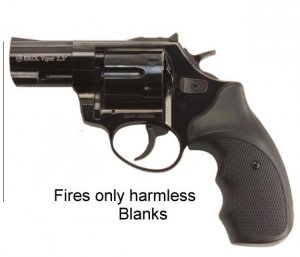I agree somewhat, but you also have to remember that our armchair quarter-backing is VERY different than actually being in that scenario.
It's an entirely different thing to analyze from the safety of our home versus being the target. Adrenaline dumps, fight-or-flight reactions, all come into play.
I taught self-defense for over 35 years and thought I covered all the bases, yet when I found myself in real-life scenarios I found that some of the old instinctive responses still tried to gain control of my body and mind. My training helped - a lot - and usually enabled me to do what was necessary, but those instinctive reactions still made an appearance AFTER the conflict - nausea, disorientation, trembling.
If someone points a gun at me my training, if it was effective, kicks in automatically. I can't take half-steps, I can't improvise on the fly, I can't take the time to allow my brain to analyze and come up with alternatives - that time would mean I am injured or, in this case, dead. I have to rely on my body memory to act - that's the fastest way.
But yes, there are "gaps" in many conflicts where you have the luxury of a few micro-seconds to stop and seek alternatives. They are precious and few and you have to be almost superhuman to take advantage of them, because once again the normal instinctive response is to freeze up. Your mind goes blank. That's why, as has already been said, these incidents seem to happen with newer officers, who haven't been trained or had enough time to overcome that "lock-up".





